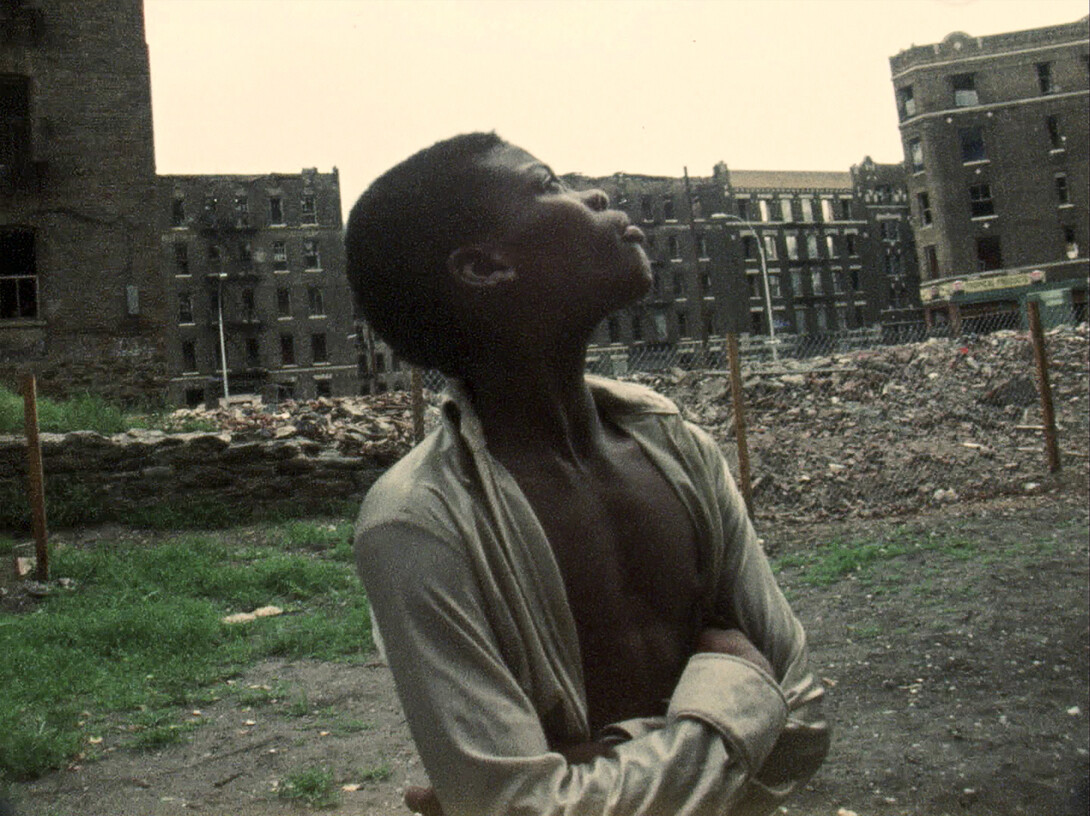
Two Indie Lens Pop-Up films, “Decade of Fire” and “The First Rainbow Coalition,” will be screened at the University of Nebraska–Lincoln in February in observance of Black History Month.
“Decade of Fire” will be screened at 6 p.m. Feb. 11 and “The First Rainbow Coalition” will be screened at 6 p.m. Feb. 18. Both screenings will be at the Beadle Center. A community discussion will follow each screening.
The films and conversation are part of a series presented by the Independent Television Service and NET, Nebraska’s PBS and NPR Stations, in partnership with the Chancellor’s Commission on the Status of People of Color and the Office of Academic Success and Intercultural Services at the university.
“Decade of Fire” tells the story of the rebuilding of the South Bronx after fires displaced nearly half a million residents in the 1970s. The discussion following the screening will be led by Bronx native Jake Kirkland.
“The First Rainbow Coalition” begins in 1969, when the Chicago Black Panther Party started forming a multi-ethnic coalition with the Young Lords Organization and the Young Patriots.
The discussion following the screening will be led by Patrick Jones. Jones researches, writes and teaches about the civil rights and Black Power era and America in the 1960s.
“Indie Lens Pop-Up” is the neighborhood screening series that brings people together for community-driven conversations around documentaries from the award-winning PBS series, “Independent Lens” on NET.
This season’s films center around the question: What’s your vision for your neighborhood? As communities experience increased polarization and division, “Indie Lens Pop-Up” events provide a gathering place to watch and discuss documentaries at hundreds of events hosted by partners across the nation.
Two additional films will be shown this spring, which include:
“Bedlam” — Filmmaker and practicing psychiatrist Ken Rosenberg visits emergency rooms, jails and homeless camps to examine our national mental health crisis. Rosenberg follows the stories of people grappling with schizophrenia, bipolar disorder and other chronic psychiatric conditions, whose silence and shame often worsen the suffering.
“Recorder: The Marion Stokes Project” — Marion Stokes recorded television 24 hours a day for 30 years. It started in 1979 with the dawn of the 24-hour news cycle and ended when Stokes passed away in 2012. In total, she recorded 70,000 VHS tapes, capturing revolutions, lies, wars, triumphs and catastrophes that tell us who we were and how television has shaped the world of today.







